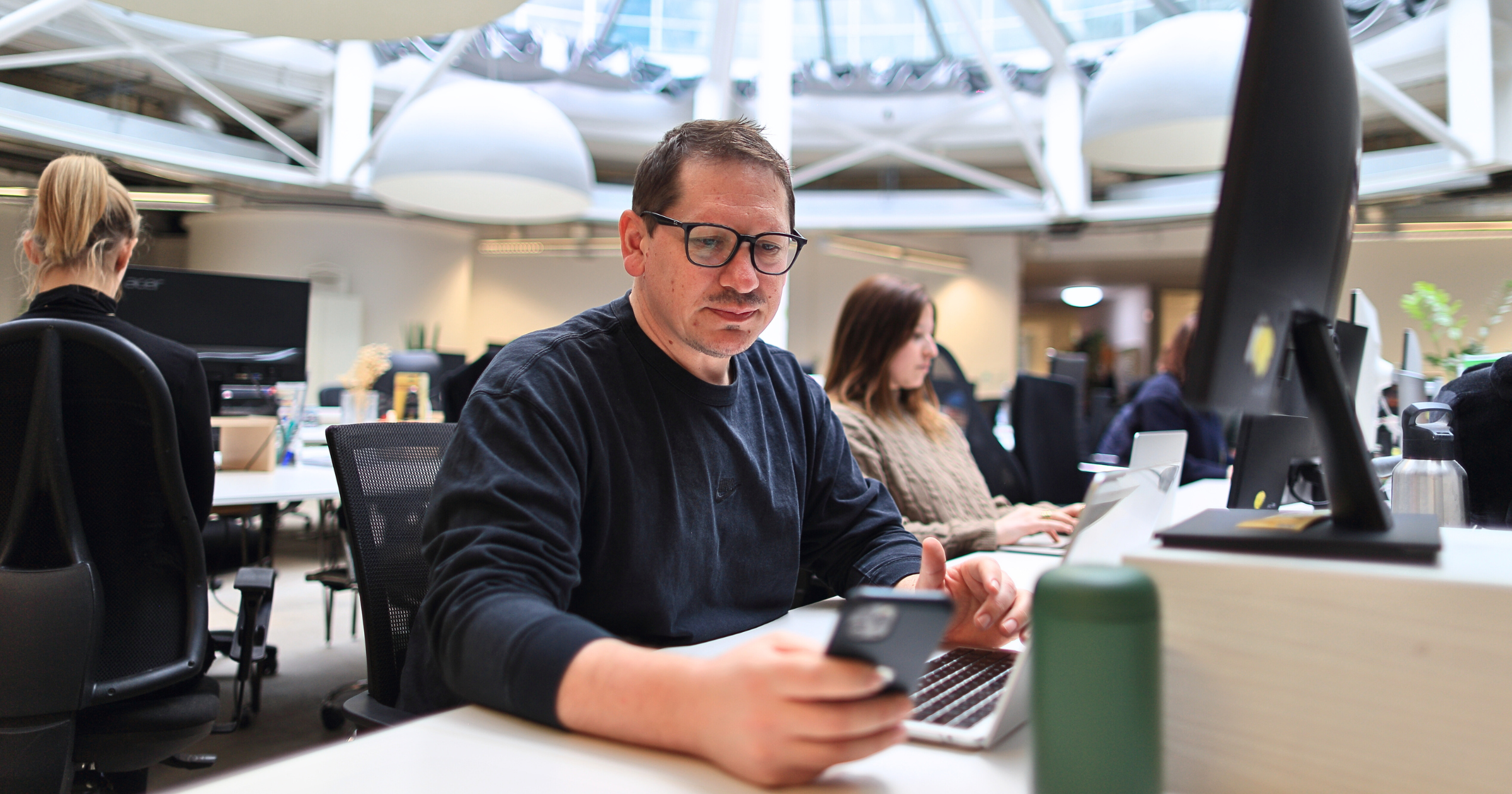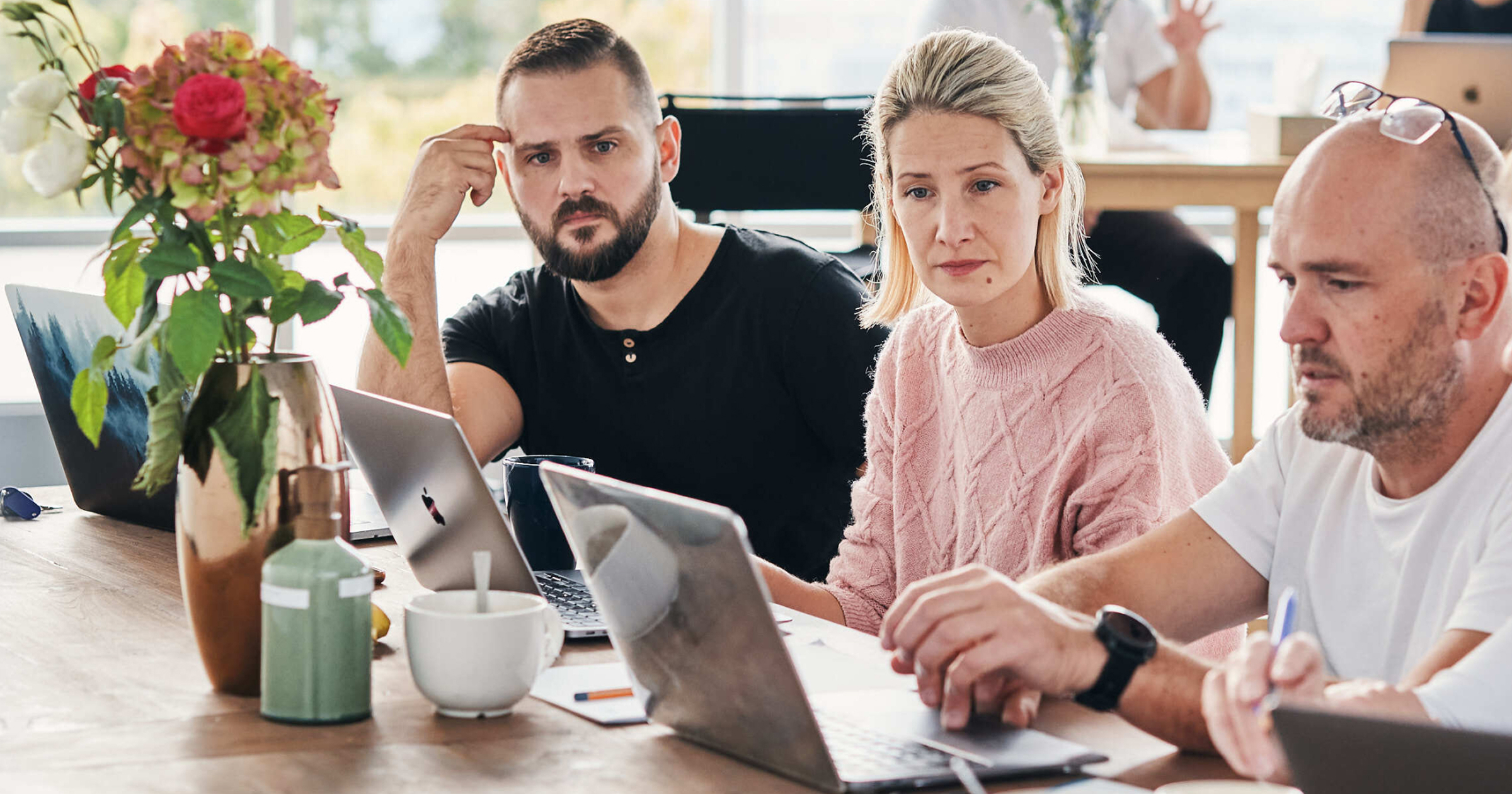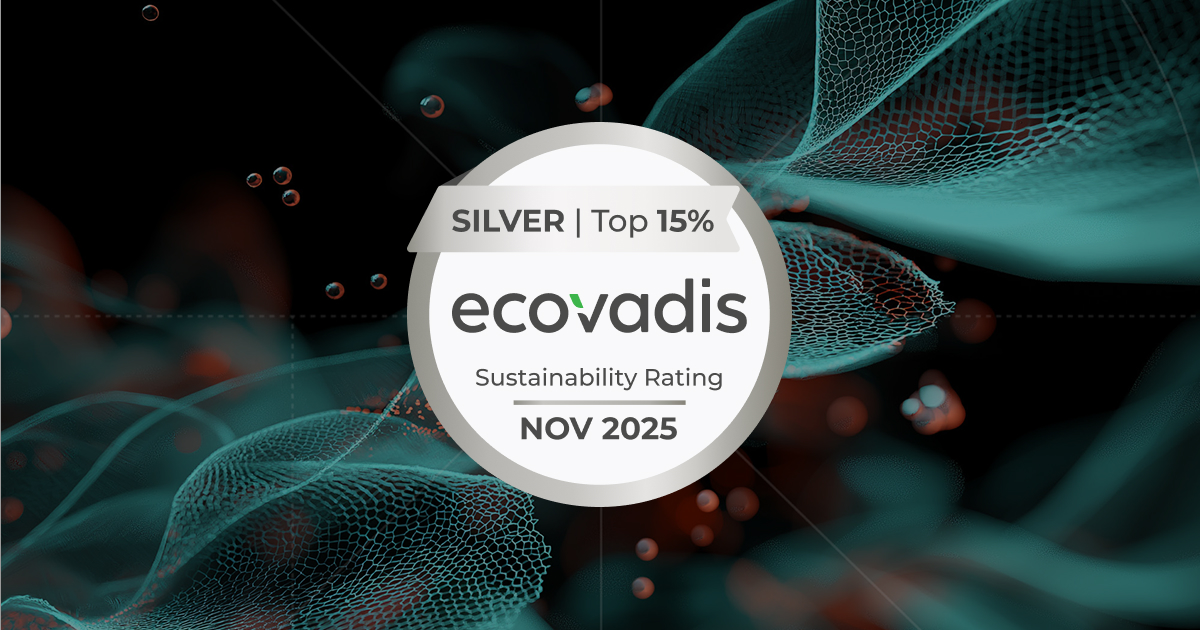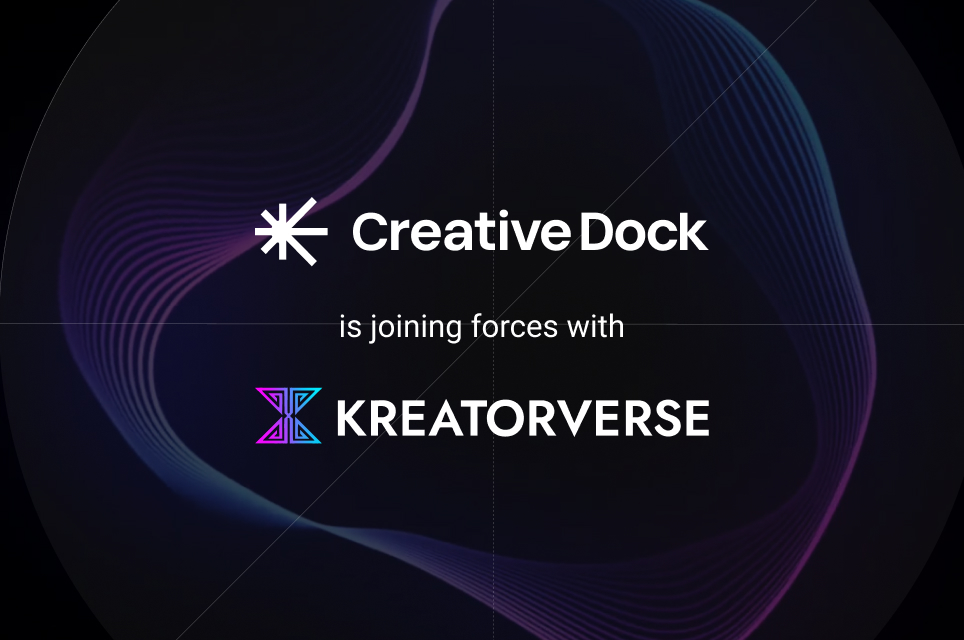Scenario-Based Strategizing: Robust Strategies for an Uncertain Future
Rapid technological advancements, multiple crises, and continuous market disruption have left organisations facing a highly volatile, complex, and uncertain environment. Under such conditions, traditional strategy formation methods that assume a single future direction are no longer suitable to produce high-quality strategic decisions. More than ever, strategizing needs to embrace uncertainty and must consider multiple plausible futures, translating this into clear strategic actions. Over decades, researchers and practitioners have advocated the scenario-based technique as a key method for strategy development in both complex and uncertain environments.

Words by Stephanie Strobl

In this blog post, we delve into scenario-based strategizing, explaining the process of creating vivid scenarios and how to translate them into robust strategies. Additionally, we provide a real-world example within the realm of sustainability to illustrate the concepts discussed.
Scenario-Based Strategizing in Research and Practice
Scenario-based strategic planning is not a new concept. It emerged in the 1970s, when companies across industries were facing increasing environmental uncertainty. According to scholars Lehr et al. (2017), Shell’s scenario exercise in the 1970s is one of the first and best documented examples of its real-world application in business. Shell leveraged scenarios to anticipate and plan for potential rises in oil prices. When the Israeli-Arab conflict caused a sudden surge in oil prices, Shell exhibited superior readiness compared to its competitors. As a result, the company was able to significantly enhance its competitive position. Inspired by the example of Shell, numerous organisations began embracing different variations of the scenario technique.
Since then, scenario-based strategizing has also been addressed thoroughly in research. Gavetti and Menon (2016) and Lehr et al. (2017) have outlined the necessity of a foresight-driven strategizing approach in uncertain environments, and have promoted its ability to help overcome organisational myopia and inertia.
Traditional versus Scenario-Based Strategizing: The Power of Scenarios
Working well in stable environments, traditional strategic planning is typically geared towards past experiences, optimises for a single expected future, and is focused on the core business. Through day-to-day competing and regular benchmarking exercises, established companies have learned the rules of their industry and how to optimise their business for value creation. However, in times of market disruptions in which business models are fundamentally challenged, successful strategy development requires approaches that focus on drivers of change and challenge conventional thinking to fend off risks and identify opportunities for growth. In practice as well as research, scenario-based strategizing has been promoted for over 40 years as the method for strategic planning in uncertain environments.

Scenario-based strategizing brings uncertainty to the forefront of its methodology by engaging with multiple plausible futures and identifying key drivers of change. This technique is designed to anticipate changes in the environment and the subsequent need for transformation. It enables the establishment of action plans to adapt to diverse potential futures, enhancing overall organisational agility and flexibility. By employing scenario-based strategizing, businesses can effectively identify and mitigate risks associated with different futures, thereby accelerating organisational resilience and future-preparedness. Considering the words of Lehr et al. (2017, p. 223): “The main promise that scenario-based strategizing holds is raising the likelihood that strategists can form and execute strategies that are distant from the status quo and yield a higher value creation potential (Gavetti and Menon, 2016; Rohrbeck and Schwarz, 2013; Rohrbeck, 2012)”.
Once established, the process of scenario-based strategizing becomes self-optimising and enhances organisational learning and capability development. It enables companies to gain a more comprehensive and profound understanding of their environment, reuses prior insights and generates a collection of reusable elements that serve as a basis for ongoing monitoring of environmental changes. Ultimately, the technique supports early detection of decisive moments in time, prompting swift action to fend off threats and capture opportunities for growth.
Scenario-Based Strategizing: The Methodology
With over 15 years of experience and having co-developed methods with leading industrial firms Rohrbeck Heger by Creative Dock is a pioneer in strategic foresight and innovation. Leveraging this expertise, their experts created a step-by-step framework to guide clients through the process of scenario-based strategizing.
In brief, the method follows the three main steps:
1. Identify future drivers of change
2. Develop plausible future narratives
3. Evaluate strategies against scenarios

The process begins with the identification of drivers of change, also known as key influencing factors. This involves analysing technological and regulatory aspects of the environment, as well as customer preferences and economic, governmental, ecological, stakeholder, and other ecosystem factors (often deploying a framework such as STEEP). Unlike trends, factors are neutral and undirected and can evolve in different directions over time. To identify these factors, a combination of systematic and explorative research approaches is employed, including desk research, internal document review, scientific literature analysis, and interviews with internal and external stakeholders and experts. Subsequently, key influencing factors are determined by assessing the factors’ predictability and impact. Key influencing factors are characterised by being highly uncertain in their development (low predictability) while also being highly relevant (high impact), as their development significantly affects the field being analysed.

Utilising tools like cross-impact analysis, the key influencing factors are clustered into themes, which are essentially a combination of various factors that influence the future of the respective field. Within these themes, the factors represent the main stakeholders, including consumers, government, science & technology, environment, and suppliers. These factors can have different developments, referred to as projections, which implies that each theme can evolve in different directions. Ultimately, either a software-based or human-powered combination of theme developments generates raw scenarios.

Scenarios are often portrayed through vibrant storytelling to support envisioning and conveying various potential futures. Similarly, multiple strategic action fields are identified and evaluated against the scenarios based on their effectiveness in achieving goals (performance) and their ability to withstand challenges (resilience). Consequently, this allows senior management to compare strategies that perform exceptionally well in specific scenarios with those that may be less effective individually but offer greater durability across multiple scenarios.

Case Study: Sustainability in 2030
The significance of scenario-based strategizing becomes particularly evident in the realm of sustainability. With the world facing urgent environmental challenges, organisations are under growing pressure to incorporate sustainability into their core strategies. But the journey towards implementing sustainable approaches is anything but simple. The unpredictable landscape shaped by climate change, resource scarcity, and evolving consumer expectations demands adopting agile and flexible approaches for businesses to thrive.
During the Future Atelier Workshop Series, foresight experts of Rohrbeck Heger by Creative Dock created four scenarios for sustainability in 2030 with participants, delving into the impact of climate change on logistics and supply chains in multiple plausible futures and uncovering innovation opportunities.
Based on research, analysis of drivers of change, and subsequent prioritisation, the experts identified two factors prior to the workshop that would have the biggest impact on the future of sustainability by 2030, and at the same time would be highly uncertain in their development.
1. Environmental regulation:
Will governments unite and take effective measures to enforce binding and comprehensive regulations for the control of carbon emissions?
2. Sustainable behaviour:
To what extent will the collective actions of individuals and organisations demonstrate sustainability?
In a next step, these variables were plotted in a so-called scenario cross. During the two-hour workshop session, participants were invited to engage in an interactive brainstorming session to examine the potential impact of different scenarios on supply chains. Through thought-provoking discussions, participants explored the implications of each scenario on logistics and supply chains, enabling them to craft vibrant visions of the future. Employing collaborative Miro Boards, participants collectively assessed the probable outcomes alongside social, technological, economic, ecological, and political dimensions, all while considering necessary strategic actions for each potential future.

Scenario one portrays a deliberate deceleration in the transition towards a post-growth society, brought about by stringent regulations. Conversely, scenario two envisions the triumph of clean technology, ushering in a future where green growth becomes a tangible reality. Within the range of scenarios, scenarios three and four reside at the more pessimistic outlook for our planet. In the third scenario, a world is envisioned where regulations put in place are insufficient in effectively tackling climate change. Scenario four presents the daunting prospect of a planet where we have failed it completely, as inadequate regulation and lacking green innovation fall short in effectively addressing climate change mitigation.
During the workshop, participants discussed various practical strategies based on different scenarios. In the first scenario, which focused on a "post-growth" environment, they explored options such as diversifying into new industries and forming partnerships for efficient distribution in a circular economy. In contrast, for scenario four, which depicted a world impacted by disasters, participants emphasised the importance of building resilience. They proposed ideas like incorporating redundancies and backup plans into logistics systems to better cope with disruptions caused by extreme weather events. The participants acknowledged that comprehending weather patterns in this scenario could not only mitigate challenges but also create opportunities and shape consumer demand.
The 2020s emerge as a pivotal decade for tackling climate change, with intensifying natural disasters serving as alarming reminders of the high stakes involved. However, past efforts to address it have been insufficient. As a result, sustainability has taken centre stage in strategic discussions due to mounting pressure from regulators, societies, and nature. Yet the future of sustainability is uncertain. Scenario-based strategizing advises against drawing simple assumptions on how customer expectations, technology, regulations, and other factors will evolve. Instead, it urges us to prepare for alternative paths and construct resilient strategies.
Scenario-Based Strategizing as a Key Tool in Uncertain Times
Traditional strategic planning techniques that assume a single predicted future are ineffective for generating high-quality strategic decision-making in uncertain environments. In times of uncertainty, it is crucial for strategizing approaches to embrace environmental complexity and uncertainty to identify superior courses of strategic actions and enhance organisational resilience. Over the course of several decades, scenario-based strategizing has been widely endorsed by researchers and practitioners as a key method for forming strategies in uncertain environments. This approach is specifically designed to comprehensively explore potential futures, enabling timely detection of environmental changes and facilitating the development of action plans that are both robust and capable of capturing growth opportunities.
Specialising in strategic foresight and innovation, Rohrbeck Heger by Creative Dock is a pioneer in scenario-based strategizing with methods that it co-developed with leading industrial firms like Total, Bosch, Deutsche Telekom, Mercedes-Benz, Cisco, and Tata Motors. Additionally, the company has conducted 15 years of university research at the EDHEC Business School in Roubaix, France, which the Financial Times ranks among Top 10 Business Schools in Europe.
Want to explore how you can utilise scenario-based strategizing for your organisation? Contact Serge Dupaux to reach our Strategic Foresight experts from Rohrbeck Heger by Creative Dock!
References
Heger & Rohrbeck. Scenario-based strategizing: Develop Robust Strategies for an Uncertain Future




.webp)










%20(1).jpg)































































